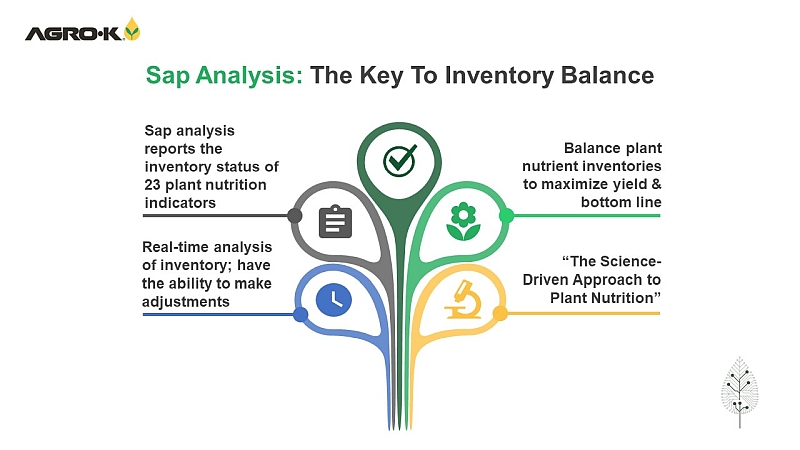Citrus Growers Looking For Solutions To Ride Out the Storm
Huanglongbing (HLB), the disease known as citrus greening, puts at risk the future of U.S.-grown citrus, according to USDA. Most infected trees die within a few years. In turn, no one could fault a citrus grower — especially those in hard-hit Florida — for at least thinking about switching crops. American Fruit Grower addressed that scenario in its annual State of the Fruit and Nut Industry survey.
About half of the grower respondents say they are content with the status quo and are not seeking an alternative crop. “Citrus or nothing,” an orange grower in Florida proclaims. “No, no point,” a peer confers. “Not yet,” at least, another Florida grower adds.
Research on oxytetracycline hydrochloride injections has shown promise, which is enough to keep at least one Florida grower optimistic. Meanwhile, not every Florida grower has been affected. “My grove is only five years old,” one of them says. “So far, it’s been easy to manage.”
Control procedures seem to be working in his state, a California grower notes. “And I’m old, so I have no plans to change. If disaster strikes, the property is well suited for any ag product grown in California except grain.”
Meanwhile in Arizona, HLB has yet to be detected, although Asian citrus psyllid, the insect responsible for spreading the disease, has been found.
For those who are affected by HLB, life is more complex. “Greening has increased our spraying cost, as before we depended on beneficials,” a California grower says. “But spraying for Asian citrus psyllid has killed our beneficials, so there’s more spraying for everything.”
Crop Change
Several citrus growers have already transitioned to avocados, mangoes, calamondin, blueberries, passion fruit vines, and dragon fruit trellises. A grower in Florida began growing low chill hour Florida peaches about 12 years ago. “We have approximately 93 acres planted, with 53 acres of mature trees. Forty acres are two years old,” he says.
“I’m adding chestnuts and thinking about pecans,” a Texas grower says. “I’m wondering about dragon fruit, Arbutus, Muntingia [calabura], and other tropicals.”
“I have some dates going,” a California grower says. “I’ll probably put in some mangoes if lemons sour up. Get it?”
Unfortunately for some growers, transitioning does not come as easy. “It is a variable that we consider,” a California grower says, “but the type of soils, amount of water it will use, and costs are growing higher in our decision process.”










